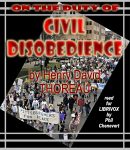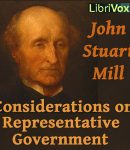
Final Report of the Senate Select Committee on Presidential Campaign Activities (Watergate Report), Volume 1
This report presents the findings and recommendations of the Senate Select Committee on Presidential Campaign Activities based on its investigation of the Watergate break-in and coverup, illegal and improper campaign practices and financing, and other wrongdoing during the Presidential campaign of 1972. The committee’s mandate from the Senate, which was passed by a unanimous vote, was to make a “complete” investigation and study “of the extent … to which illegal, improper, or unethical activities” occurred in the 1972 Presidential campaign and election and to determine whether new legislation was needed “to safeguard the electoral process by which the President of the United States is chosen.” This project contains the introductory material and chapters 1-3 of 11.- Summary modified from the introduction [chương_files]








